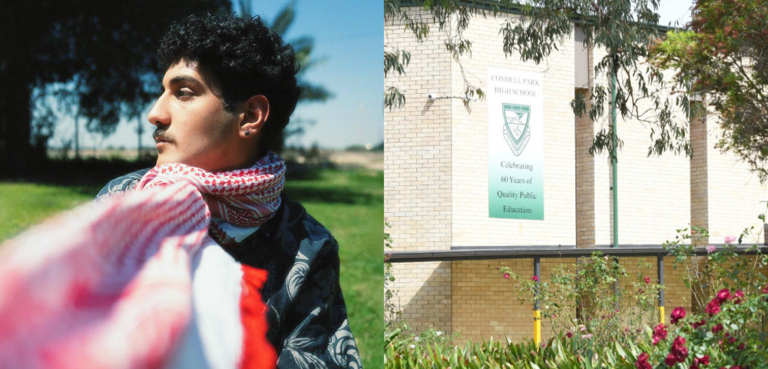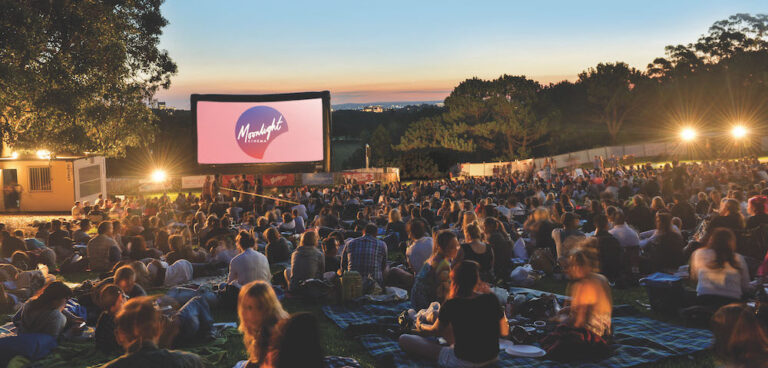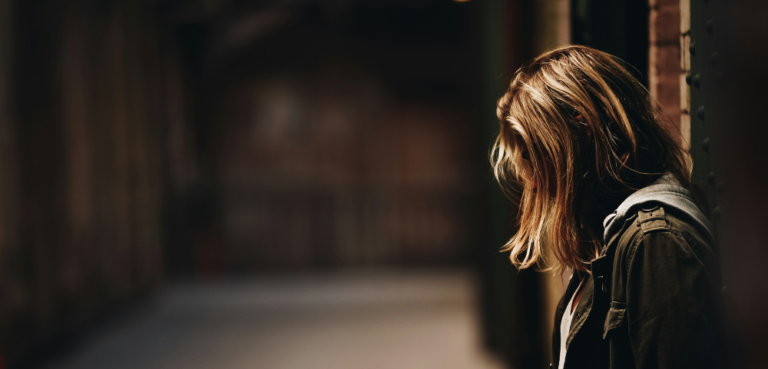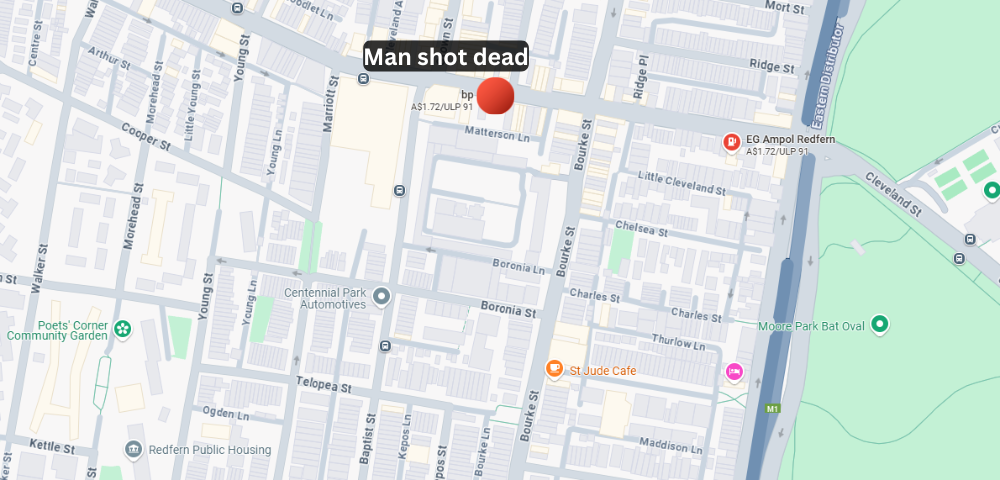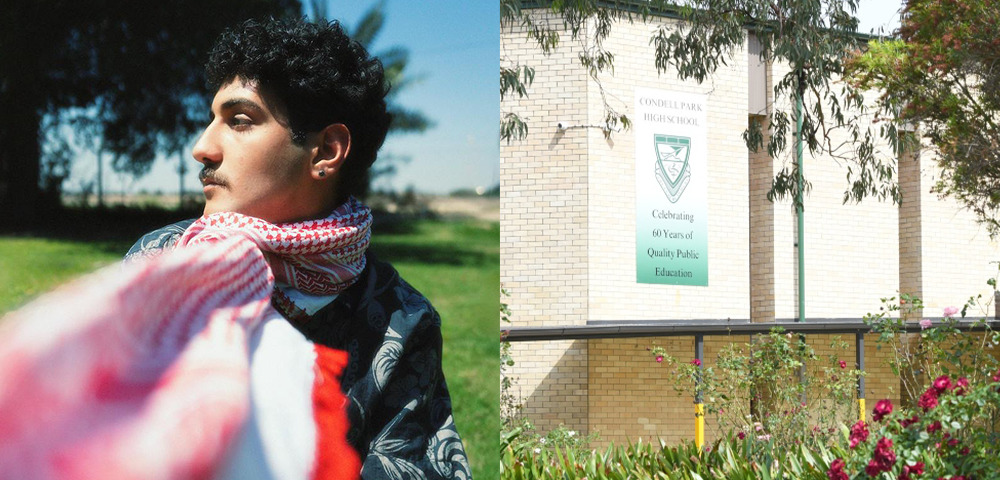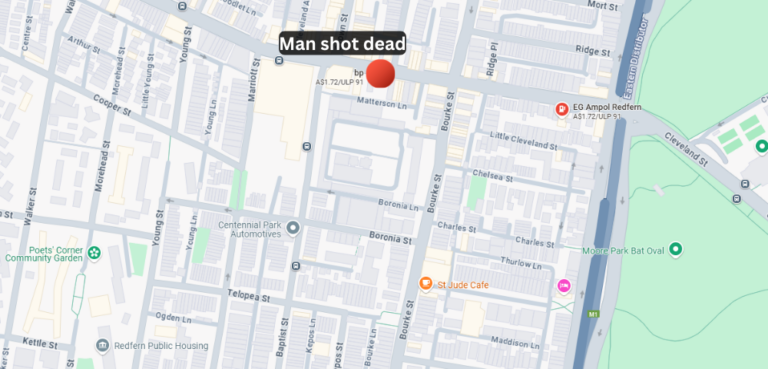
No Happy Endings in the Public Right to Know.

BY BARBARELLA KARPINSKI
On November 12, along with members of Touching Base and Scarlet Alliance, I climbed into the leather-clad stalls of the public gallery to hear the findings of the NSW Select Committee into the Regulation of Brothels. The seating is as cramped as an economy class flight but with an antique touch – an old world nicety. It was one o’clock in the afternoon, and there was high security despite an almost empty parliamentary chamber except for a few pollies, about six sex workers and one regular pensioner attendee, obviously finding parliament more interesting than the pokies, fishing or daytime TV. I was reprimanded by the security team as my alarm went off (a reminder to be out of bed by afternoon tea) though despite this small act of recalcitrance, he later thanked us all for being so well behaved.
The Chair of the Enquiry, Alister Henskens, SC MP, summarised the options, saying that decriminalisation would not be changed but also spoke about the possibility of bringing in a system of legal registration similar to the tattoo parlour registration in NSW. This seemed contradictory.
In another piece,I spoke about the problems assoicated with this. In the Police Association’s submission, it was highlighted that because there are so many more brothels than parlours, this would put a strain on the resources.
Member for Summer Hill (Labor’s Jo Haylen), the Member for Gosford (Labor’s Kathy Smith) and the Member for Sydney (Alex Greenwich – Independent) did not support its findings, nor many of its recommendations, including the handing of greater enforcement powers to police, additional regulation, and a licensing scheme.
Alex Greenwich, stated that: “licensing will create a two tiered system of licensed and unlicensed brothels” and there would be “no evidence licensing would reduce criminal activity.” Greenwich also remarked that “trafficking is a global problem” and dismantling decriminalisation would “create an underground class of sex workers.”
The success of the model of decriminalisation post Wood Royal Commission, was ironically celebrated the day before in a function in honour of the work of Touching Base, an organisation that links disabled clients with specifically skilled sex workers.
“I find it impossible to believe that the Minister for Better Regulation will be able to endorse this report. The Select Committee minutes show that the majority of members in support of licensing voted down a resolution by Alex Greenwich “That the NSW Government’s Seven Principles for Better Regulation be applied to any proposal for licensing of brothels” said Saul Isbister, President of Touching Base Inc.
I spoke to Julie Bates who gave evidence at the Parliamentary Committee in her capacity as member of Touching Base and a long term sex worker/activist.
According to Touching Base, “Sex work in NSW was decriminalised in 1995 as a result of the Wood Royal Commission into police corruption. Decriminalisation is seen worldwide as the best practice model of sex industry regulation, especially for sex worker health and safety.” (http://www.touchingbase.org)
In submissions to the committee health professionals, including Professor Basil Donovan, the Head of the Sexual Health Program, Kirby Institute; NSW Chief Health Officer Kerry Chant; ACON (Aids Council of New South Wales); The Kirketon Road Centre; and the Sydney Sexual Health Clinic all consistently warned against a licensing system
The committee was split with 3 of 7 committee members not supporting the recommendations.
In a joint statement the three dissenting MPs said:
“We are concerned that increasing police powers, especially entry powers, could compromise the safety and privacy of sex workers, and ignores the historic links between police corruption and sex work …Further regulation could compromise the health and well-being of sex workers by pushing underground those who are not part of a newly-licensed environment, thereby limiting their access to services, as has been the case in Victoria and Queensland.”
Janelle Fawkes, CEO of Scarlet Alliance, present on the day, said: “People should not be mistaken, the report describes decriminalisation as best practice, but goes on to recommend a licensing framework that has failed in Queensland, return of police as regulators of the industry even though decriminalisation was introduced to remove police corruption, and criminalisation of migrant sex workers. To be frank these recommendations are dangerous, will reverse the health benefits decriminalisation has delivered and will have significant negative impact on sex workers health and safety.”
Fawkes continues: “The committee was presented with evidence including 75% of public submissions from health, legal and sex worker organisations, as well as individual sex workers, calling for decriminalisation to stay – all of this evidence has been ignored. Alister Henskens as chair of the committee clearly had an agenda to introduce the failed licensing model and the report shows he intends to do that even though the evidence presented to the committee demonstrated that would be a significant step backward for NSW.”
Jo Haylon said last Thursday: “We do not want to go back to the bad old days when large sections of the sex industry was underground,” referring to the success of reforms emanating from the Wood Royal Commission. She also commented that there is no evidence that NSW has a higher rate of crime related to sexual services than any other state with a licensing model. She commented that a licensing model will “diminish health and safety”.
Eleni Petinos, Member for Miranda and a Liberal Party member, introduced herself as being only in parliament for six months. She spoke about findings about “forcing workers to take drugs against their will” and other evidence of “sexual servitude” and quoted Deputy Commissioner Nick Kaldas in saying that saving even a few women from “sexual servitude” will make it all worthwhile. I note that when I interviewed Jules Kim of Scarlet Alliance’s Migration Project, she remarked conversely that many women who come to work in the Australian sex industry have worked as sex workers in their country of origin.
Of concern is the public right to know all information in that the police were given permission to withhold some of their key evidence arguing successfully that it may compromise their ongoing investigations. Drawing on this evidence, the Chair referred to three main problems – Firstly, Worker exploitation, secondly, connections to outlaw motorcycle gangs and thirdly, massage parlours providing full service rather than just “happy endings.”
There seems to be no happy ending to this inquiry with discontented sighs coming from the public gallery. I note from my previous article that evidence given by the Victorian police stated that licensing in Victoria has not stopped crooks, crims and bikies acting as managers.
In a small amount of cases, people with no criminal record just get the license in their name, leaving the criminals in charge.
Moral panics about ‘sexual servitude” and ‘sex slavery’ would best be backed up by evidence that is not suppressed from public scrutiny, especially if legislative change and use of tax payer money is required to service the implementation. This inquiry raises broader philosophical questions about the public right to know in any democratic process. After two days in parliament house I didn’t envy the pollies. The buzzer system of beckoning pollies to parliament sounds like a car alarm of one of my former neighbour’s and left lingering sonic resonances somewhat redolent of a Darren Aronofsky film, like Requiem for a Dream, leaving you with a sensation of brain explosion. I am happy to return to the quiet outsider introversion of indie journalism.
Just before this went to print Julie Bates emailed me saying she was running for a plane sms’d: “All the moral crusading in the world cannot erase the fact that sex workers remain at the heart of the successful response to HIV and particularly supported in NSW with decriminalisation…. Australia’s sex industry is one of the safest in the world AND this is due largely to the heroic role sex workers have played as safe sex advocates, educating thousands of men on safe practice. .”
